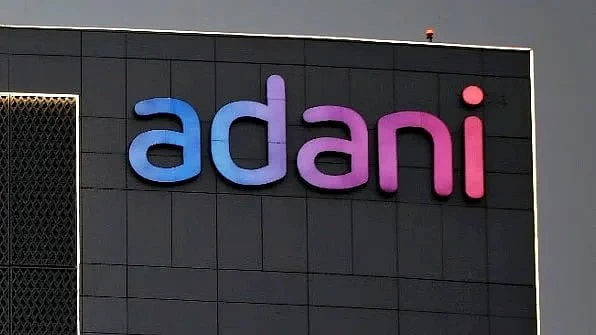Bengaluru: Four major infrastructure companies – Adani Group, Dilip Buildcon, Vishwa Samudra Engineering, and Rail Vikas Nigam Limited (RVNL) – have bid for Bengaluru’s 16.74-km tunnel road project connecting Central Silk Board and Hebbal.
The response from top firms has given the Rs 17,800-crore project a fresh push, even as it faces mounting opposition from civic groups and BJP leaders.
Officials said all four firms submitted bids before the November 11 deadline, the fourth extension granted by Bengaluru Smart Infrastructure Ltd (B-SMILE), the agency in charge of the project.
RVNL, a government-backed entity, has experience in tunnelling over 200 km in the Himalayan terrain for a broad-gauge railway line. Adani Group and Vishwa Samudra have undertaken large highway projects. Dilip Buildcon is a long-standing name in road construction.
The response – a first for Bengaluru’s municipal corporation – shows the companies are serious, as bidding conditions required a bank guarantee of Rs 44 crore.
In July, B-SMILE invited bids, splitting the project into two packages: one between Hebbal and Seshadri Road, the other extending south to Central Silk Board (Madiwala).
Proposed under the public-private partnership (PPP) model, the project will have 40 per cent funding from the government and 60 per cent (about Rs 10,000 crore) from private firms. Tender conditions allow toll collection rights for 30 years, extendable by 10, plus six acres for commercial development.
The government will raise about Rs 9,300 crore as a loan to pay its share.
“This is a dream project for the youth of the city,” Deputy Chief Minister DK Shivakumar, a vocal proponent, said. “Union Minister Nitin Gadkari has praised the tunnel project. Prime Minister Narendra Modi has also offered suggestions. There are tunnel projects in Pune and Mumbai, but opposition only for Bengaluru’s tunnel project. All Bengaluru MLAs had agreed to the tunnel project, but now they are opposing it. We are open to suggestions,” he said.
Bengaluru’s topography, he said, is rocky. “Hence, we decided to have an underground metro line in the past. No one spoke against the metro going underground,” he said.
His defense runs contrary to concerns raised by urban mobility experts, including government-linked bodies such as the Directorate of Urban Land Transport (DULT) and an expert committee led by Namma Metro’s executive director, who cited lack of traffic studies and geotechnical investigations before starting the project.
